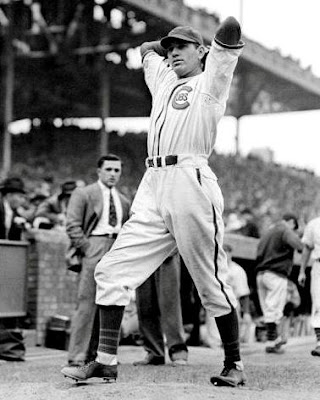February 28, 1955 – The Chicago Housing Authority
awards a $7,998,700 contract to Corbeita Construction Company for the first
stage of an addition to the Frances Cabrini public housing project just north
of Chicago Avenue and east of Larabee.
The contract calls for eight high-rise buildings with 859 apartments along
with a heating and service building. The
chairman of the C.H.A., John R. Fugard, states that a contract would be let
later in the year for seven more buildings with 1,066 apartments. The
work at Cabrini will be just one part of the biggest program of public housing
construction in the city’s history. It
is anticipated in 1955 the C.H.A. will break ground at six different sites for
4,500 apartments. All of the projects,
which were approved in 1949, have been subsidized by the federal government and
will be rented to low income families.
February 28, 1939 -- The Chicago Daily Tribune reports that owner P. K. Wrigley has taken matters into his own hands "in moving the spring flair of Diz (Dizzy Dean) as problem child." When Wrigley's personal representative came upon the Cub pitcher "pitching full blast at the full pitching distance [he] broke up the display in the name of the Cub owner, following full instructions from the Chicago throne room." Dean, a pitching phenom for the St. Louis Cardinals between 1933 and 1937, was injured by a line drive in the 1937 All-Star game. In 1938 Wrigley paid $185,000 to put the compromised pitcher on the Cubs roster. In September of that year, in what he called the greatest game of his career, Dean pitched the second game of a series with the Pittsburgh Pirates, winning 2-1, pulling the Cubs within a half-game of the league leading Pirates, a team from which the Cubs would wrest the National League championship the next day. Dean pitched Game Two of the World Series, pitching admirably until he gave up a two-run homer to Joe DiMaggio in the top of the ninth, ultimately losing 6-3. He struggled along with the Cubs until 1941 when he retired. Wrigley's interest in protecting his investment was certainly understandable, but ultimately it would not matter.







No comments:
Post a Comment